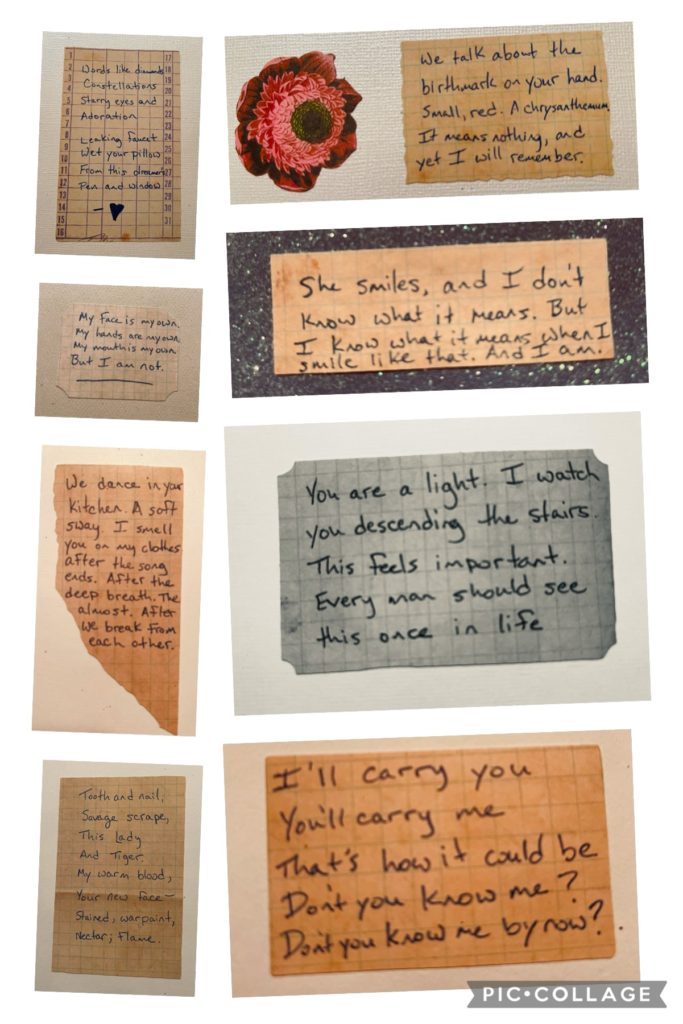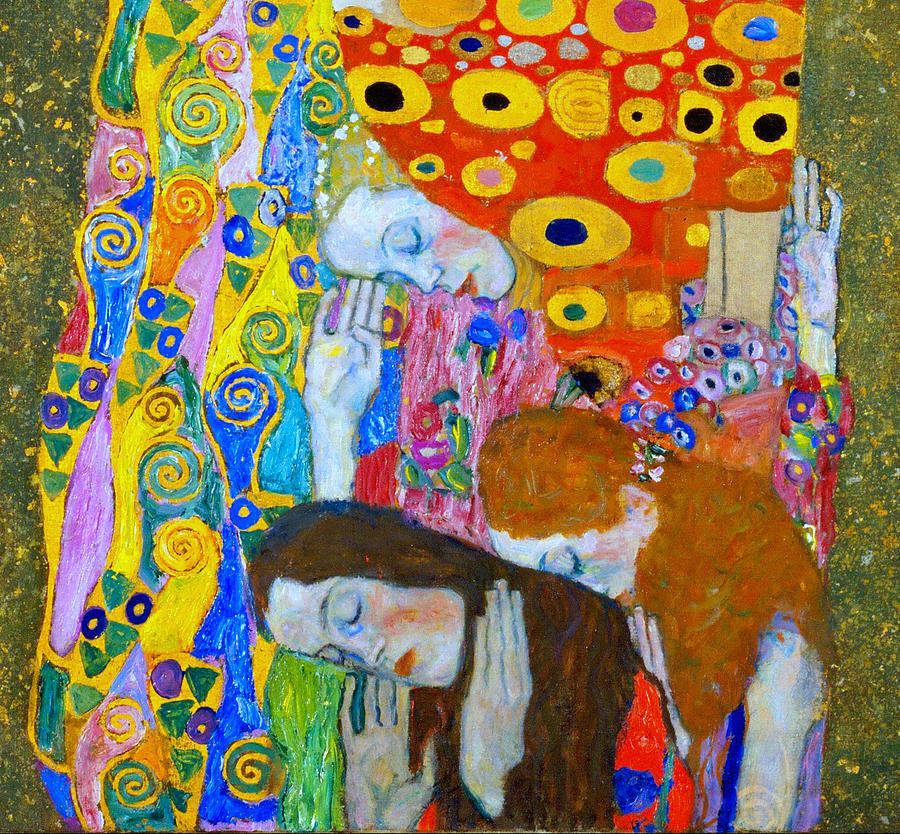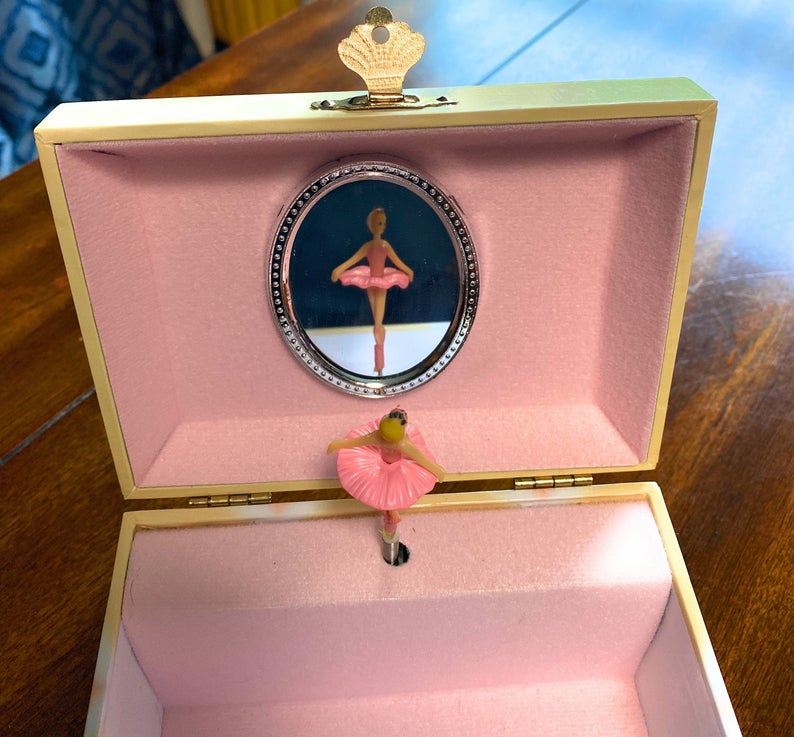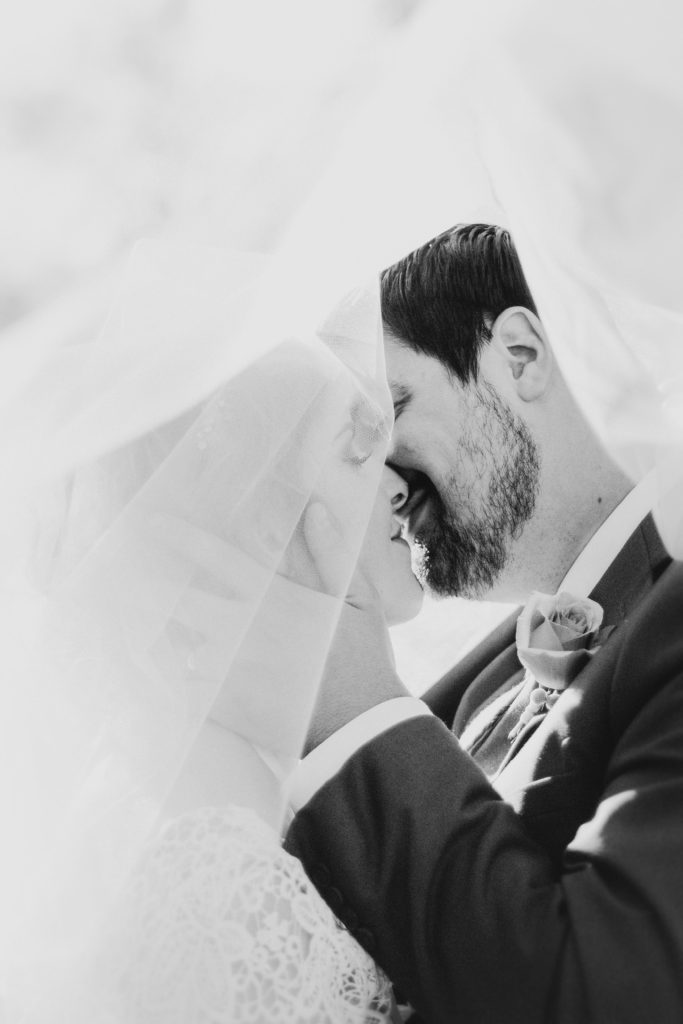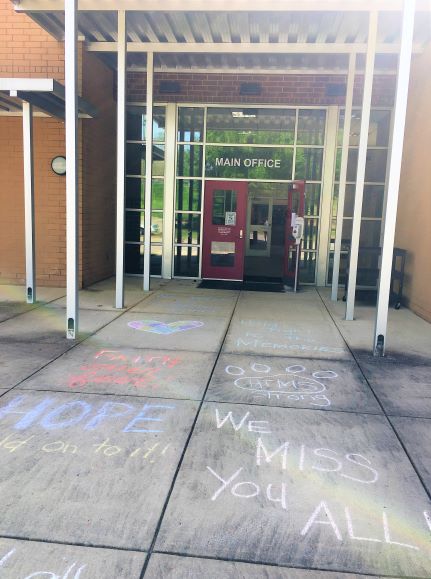“‘Where you go I will go, and where you stay I will stay. Your people will be my people and your God my God'” (Ruth 1:16).
My former husband use to poke fun at me whenever we would travel. As soon as we arrived at our lodging place, I would unpack toiletries, placing them in their useful area. He called it “nesting”. Apparently my first priority is to make even a temporary place feel like home.
I notice that I am constantly “nesting” as I clean and organize, more prone to these tasks when I feel things in my life are beyond my control; I work with my hands for a grounding effect. In working on bigger repairs and projects this summer, they proved to be more than just home improvements. While I worked with my hands, God worked on my heart.
As my recent love life had taken a sudden, unexpected detour, I wrestled for clarity about what was in my heart and what was God’s heart for me. I struggled through this process of surrender because although it was a call to die to something, it was coupled with believing God in faith that He will answer these long-awaited hopes of my heart.
Little did I know how quickly God would readily breathe anew into this wasteland of my life! I tackled my last big home project toward the end of July. As I set about the repairs of sanding and re-staining areas of my back porch, I sensed a deep longing within. What was the driving force behind all of this hard work? Was it for the satisfaction to check off a task on the to-do list? Was it to diminish a worry over the wear and tear of my home that would only get worse if not tended to in a timely manner? For these two things alone, they could have initially been a motivator; God had something else in mind. In working with my hands, my mind sifted through a rush of varying emotions until I found clarity. The desire for a husband was so strong, stronger than it has ever been; it felt like I was working on my house because I’m waiting for him to come home.
This part of my life feels nothing short a miracle, not only that this desire would be fulfilled but also that this has become God’s ordering of my prayers. Like Ezekiel in the midst of a lifeless valley of dry bones (Ezekiel 37), I spoke words that poured forth like rushing waters: “Come home, my husband. Come home to me.”
As my hands steadily worked with the wood of my home, I knew what I was calling forth didn’t necessarily mean the actual home we would dwell in (mine, his, or ours). This was about the spiritual union of “home” that we will find in each other.
As I wrote this, so many Scriptures came to mind. I have included them here. Regardless of what life looks like from here on for me or for you, these are the real seeds of promise. As I prepare my heart for any outcome, I place my hope in God, the giver of good gifts to His children.
Photo by Krists Luhaers on Unsplash
Verses
“The Lord God said, ‘It is not good for the man to be alone. I will make a helper suitable for him’” (Genesis 2:18, NIV).
“The purposes of a person’s heart are deep waters, but one who has insight draws them out” (Proverbs 20:5, NIV).
“Delight yourself in the Lord, and he will give you the desires of your heart” (Psalm 37:4, ESV).
“For it is God who works in you to will and to act in order to fulfill his good purpose” (Philippians 2:13).
“Who is this coming up from the wilderness, leaning upon her beloved?” (Song of Solomon 8:5, NKJ).
“But Ruth replied, ‘Don’t urge me to leave you or to turn back from you. Where you go I will go, and where you stay I will stay. Your people will be my people and your God my God’” (Ruth 1:16, NIV).
“Therefore, a man shall leave his father and his mother and hold fast to his wife, and they shall become one flesh” (Genesis 2:24, ESV).
“But seek first his kingdom and his righteousness, and all these things will be given to you as well” (Matthew 6:33).
“Restless in bed and sleepless through the night,
I longed for my lover.
I wanted him desperately. His absence was painful.
So I got up, went out and roved the city,
hunting through streets and down alleys.
I wanted my lover in the worst way!
I looked high and low, and didn’t find him.
And then the night watchmen found me
as they patrolled the darkened city.
‘Have you seen my dear lost love?’ I asked.
No sooner had I left them than I found him,
found my dear lost love.
I threw my arms around him and held him tight,
wouldn’t let him go until I had him home again,
safe at home beside the fire.” (Song of Solomon 3:1-4, MSG)
“I belong to my beloved and he belongs to me…” (Song of Solomon 6:3a, BSB).
“For husbands, this means love your wives, just as Christ loved the church. He gave up his life for her” (Ephesians 5:25).
“Who is this coming up from the wilderness
like a column of smoke,
perfumed with myrrh and incense
made from all the spices of the merchant?” (Song of Solomon 3:6, NIV) (Note: As I studied this verse, the Holy Spirit prompted me in its meaning: Make sure he noticeably has the aroma of Christ on him.)
“Whenever the day came for Elkanah to sacrifice, he would give portions of the meat to his wife Peninnah and to all her sons and daughters. But to Hannah he gave a double portion because he loved her, and the Lord had closed her womb. Because the Lord had closed Hannah’s womb, her rival kept provoking her in order to irritate her. This went on year after year. Whenever Hannah went up to the house of the Lord, her rival provoked her till she wept and would not eat. Her husband Elkanah would say to her, ‘Hannah, why are you weeping? Why don’t you eat? Why are you downhearted? Don’t I mean more to you than ten sons?’” (1 Samuel 1:4-8, NIV) (I want so badly to have a family with you, my beloved, even if it’s just the two of us.)
“May the God of hope fill you with all joy and peace as you trust in him, so that you may overflow with hope by the power of the Holy Spirit” (Romans 15:13).
“[Abraham] is our father in the sight of God, in whom he believed—the God who gives life to the dead and calls things that are not as though they were” (Romans 4:17).
“Whoever dwells in the shelter of the Most High will rest in the shadow of the Almighty. I will say of the Lord, ‘He is my refuge and my fortress, my God, in whom I trust. Surely he will save you from the fowler’s snare and from the deadly pestilence. He will cover you with his feathers, and under his wings you will find refuge; his faithfulness will be your shield and rampart.” (Psalm 91:1-4)
“Which of you, if your son asks for bread, will give him a stone? Or if he asks for a fish, will give him a snake? If you, then, though you are evil, know how to give good gifts to your children, how much more will your Father in heaven give good gifts to those who ask him!” (Matthew 7:9-11).
“Your kingdom come, your will be done, on earth as it is in heaven” (Matthew 6:10).

